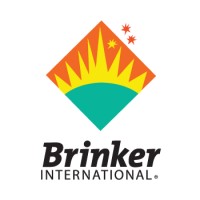
Restaurantes TOKS
El primer restaurante se abrió en el año 1971, somos más de 8,000 colaboradores distribuidos en más de 100 unidades de negocio a nivel nacional y un corporativo conformado por las áreas de: Recursos Humanos Jurídico Contraloría Sistemas Operaciones Producción Mercadotecnia Responsabilidad Social Construcción Estamos en un proceso de constante crecimiento, nos caracteriza la calidad de los productos que ofrecemos, nuestros principios y nuestro compromiso por México. Toks es mucho más.






